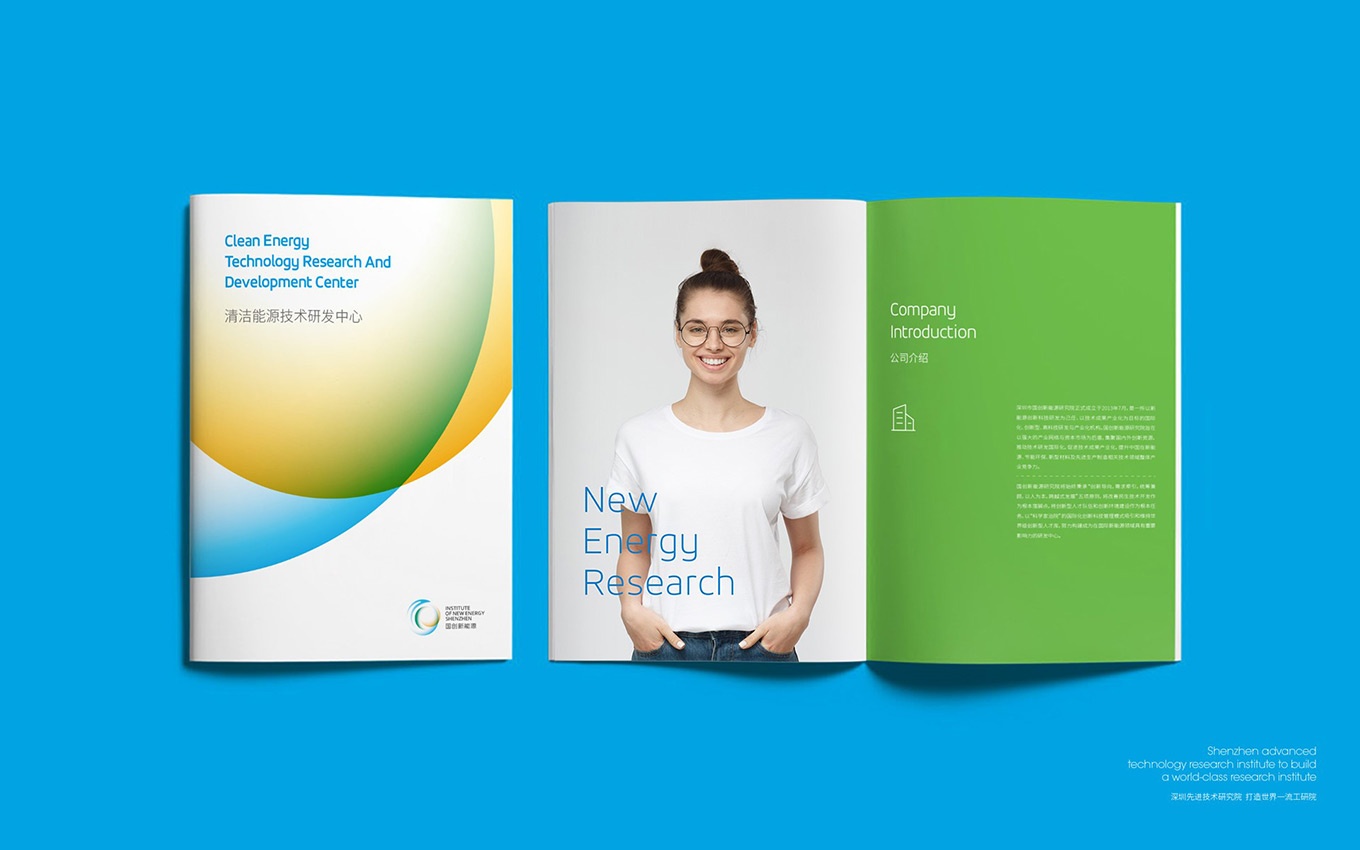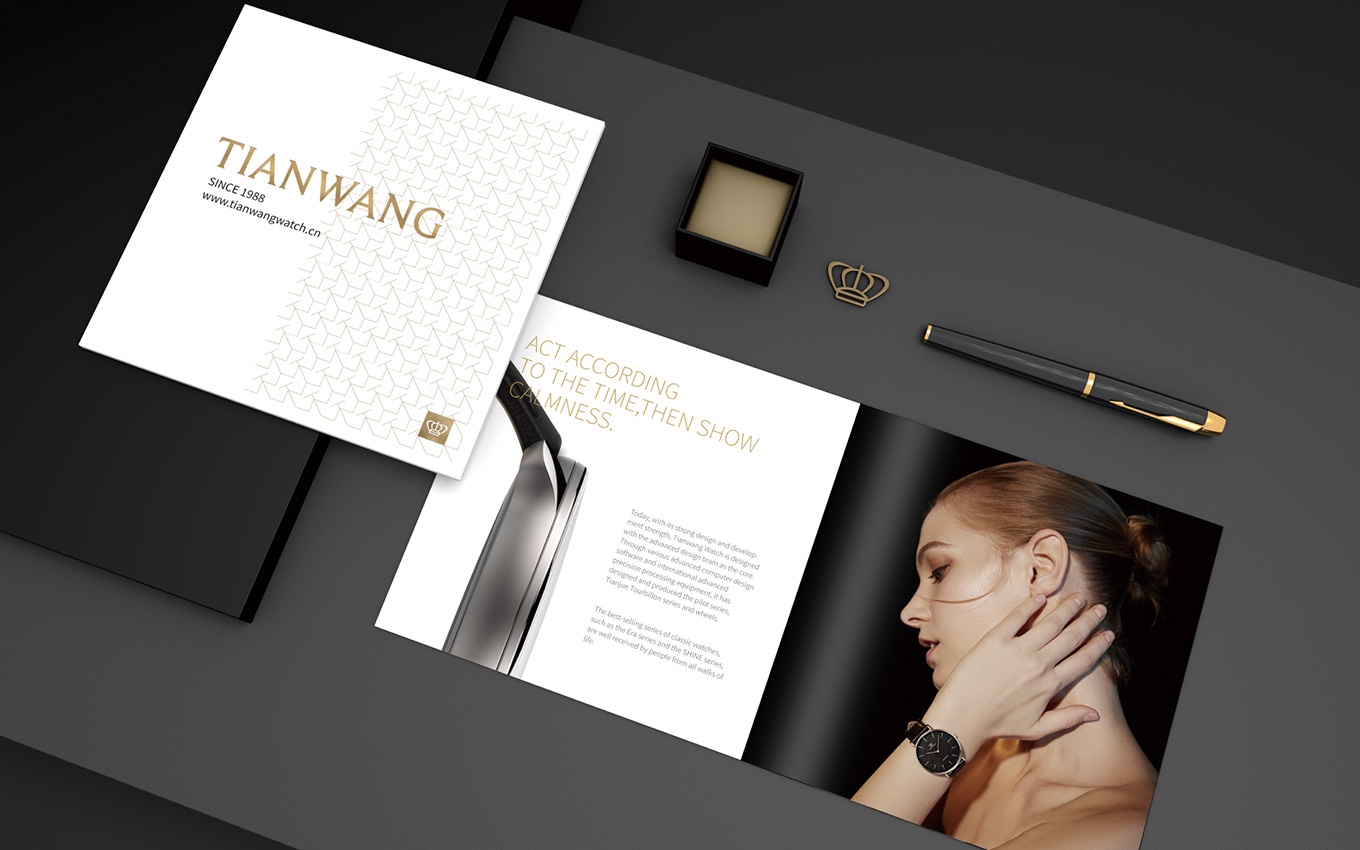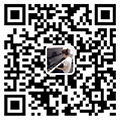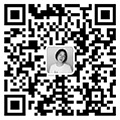通過獨特的設計形式,良好的商標設計0可以吸引眼球,從而贏得更多的合作機會,讓消費者口口相傳。一個成功的商標設計0不僅能體現企業(yè)的意義,而且能夠成為企業(yè)的無形資產。
 注:本文“商標設計0”配圖為本公司設計作品
注:本文“商標設計0”配圖為本公司設計作品
Like the idea of striking out solo and founding your own agency? Many do, but finding a pathway isn't always easy, so it's helpful to hear how others got there.
Buenos Aires-based Kinoto Studio launched in 2016 and has become known for its colourful and vibrant work for clients ranging from Indie Folks to Ginza Films. But finding success hasn't always been an easy ride. We chatted with them to learn their story.
Romi and Lucho first met at Buenos Aires University of Architecture, Design and Urbanism when they studied graphic design. "We were close friends, then started dating," Romi explains. "We moved in together, adopted a cat, and then started working together because why not, right?"
They went on to work on their first freelance project for free. "A friend of ours was about to open a bar, so we offered her help with their branding," says Romi. "We joined forces to create this trial project, 'El Luminoso Bar', which was super-fun, and the result thrilled everybody.
"After that, we realised that we worked well together, so we uploaded the project on Behance and hoped for more. It took a while. At first, we began working on a few projects per year. Still, after four years of living a design double life – between our full-time jobs and Kinoto, which was also really busy – we decided that it was time to quit our jobs and dedicate ourselves full-time to our own studio."
They did so at the end of 2020 – "while the whole world was upside down, perfect timing!" But despite the global pandemic, the studio was a success. "We took a big leap, and, fortunately, it paid off," says Romi. "Since then, we've been working on many projects, making mistakes – of course – but learning a lot in the process. We are excited about what's new to come!"
Romi explains why they called themselves Kinoto, the Spanish word for kumquat. "It's the name of our cat," she reveals. "When he was a kitten, he was a bitter orange ball, like a kumquat. Then we started working together, and the first time we had to send out a project deck, we couldn't come up with a name that wasn't already taken, and we had very little time to figure it out. So we decided to use our cat's name, and now we've also made a mascot based on him for our branding."
Throughout their four years in business, says Romi, the couple's goal has been to "create unique designs and have fun. In our past experiences as employees, we never got to choose the projects we would work on or have full autonomy in deciding every matter".
Fun is a relative term, of course. "We take our job very seriously, but we also enjoy working together and choosing the projects we do. Our mission is to continue learning new things and collaborating with talented people worldwide."
Versatile projectsSo what makes Kinoto special? "We hope it's our versatility to work in all industries," replies Romi. "So far, we've had projects related to music, fashion, food, cosmetics, kids, pets, films, sports, and agencies. We enjoy that because we learn a lot about different worlds and explore different styles. That way, we never get bored."
She offers the example of a recent client project. "Soto is an innovative, genderless, extroverted leather bag brand," Romi explains. "Their products are created from art-thought designs with excellent quality materials. And they wanted their branding to reflect that, keeping in mind their targeted audience, mainly women from 25 to 55 years old.
"Our proposal was based on combining resources with a perfect balance between classic and current trends," she continues. "The logo was built from a serif font and the text from a Grotesk, living together in an organic way in the different layouts. We used the 'Soto blue' as our black colour to create a bold and powerful palette.
"It was an amazing project because the client was super collaborative and eager to work with us. They were open about our proposals and very happy with the result, as were we. Nowadays, we continue to make key visuals for campaigns and social media for them."
Another recent project for Kinoto was for Indie Folks, an Argentinian record label and production company that works with local and international artists. "They requested us to create the identity and communication assets for a series of shows in Buenos Aires with several artists from the local scene," explains Romi.
Kinoto's proposal consisted of creating a graphic system with a bounded colour palette, different organic shapes reminiscent of the show's natural context, black and white treatment for photography to equalise the different styles, and two condensed typographies, one serif and one industrial.
"We were glad to be part of this project because we listen to a lot of the bands that played in the shows," says Romi. "It had a lot of repercussions in the local scene, and some of our favourite artists shared our design, so that was very cool."
 注:本文“商標設計0”配圖為本公司設計作品
注:本文“商標設計0”配圖為本公司設計作品
廣州vi設計公司認為企業(yè)想要讓品牌設計更加成功,就不僅要做到重視商標設計0,還要做好logo設計、vi設計、品牌設計所需各種要求,站在消費者的角度思考,做出真正適合企業(yè)的商標設計0,成為消費者青睞的品牌。

業(yè)務咨詢 付小姐

業(yè)務咨詢 張小姐

總監(jiān)微信咨詢 付小姐